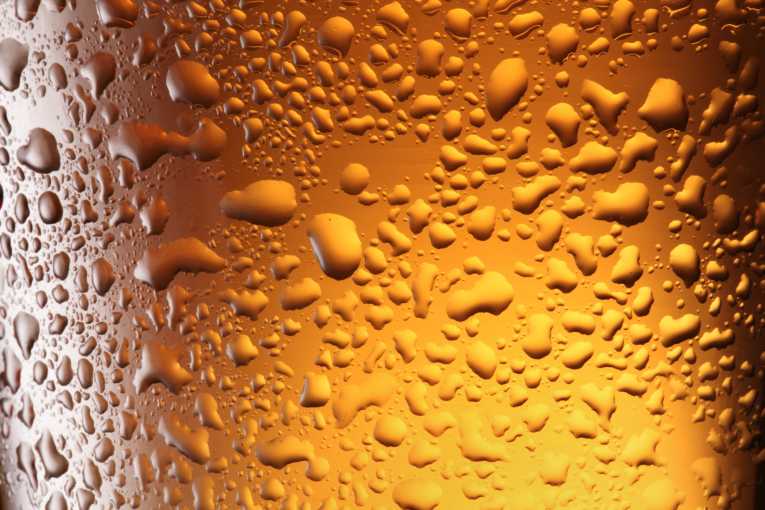Beer fuels plenty of things, from great nights out to regretful hangovers, but scientists are asking if it could power machinery and heat our homes by producing biofuels from brewery waste.
Cornell scientists have been working with Anheuser-Busch Inbev, which brews Budweiser, to see if microbes which currently produce methane as they break down brewery waste can be put to other uses.
The methane has is already a great boon to the brewers, who save millions of dollars a year by using it for heating. However, after analyzing the make up of the bacteria in the attractively-named bioreactor sludge the Cornell team think they can use the microbes to produce biofuels.
Studying nine brewing facilities, Largus T. Angenent, associate professor of biological and environmental engineering, and research associate Jeffrey J. Werner, found unique types of microbes in each bioreactor.
"The cool thing we found was that if you're looking at these thousands of species of bacteria, it's a very dynamic system with things dying off and replacing them," Werner said. "There are certain signature populations that are resilient. Even if they get disturbed, they come right back up."
And Angenent believes that by studying how these communities of microbes adapt to their environment can give scientists the ability to put these miniature armies to better uses.
As their studies continue, the Cornell engineers are trying, first to stop the microbes from producing methane and instead put them to work making produce carboxylates, which are a precursor to the alkanes found in fuels.
"We are going to shape these communities so they start making what we want," Angenent said.










